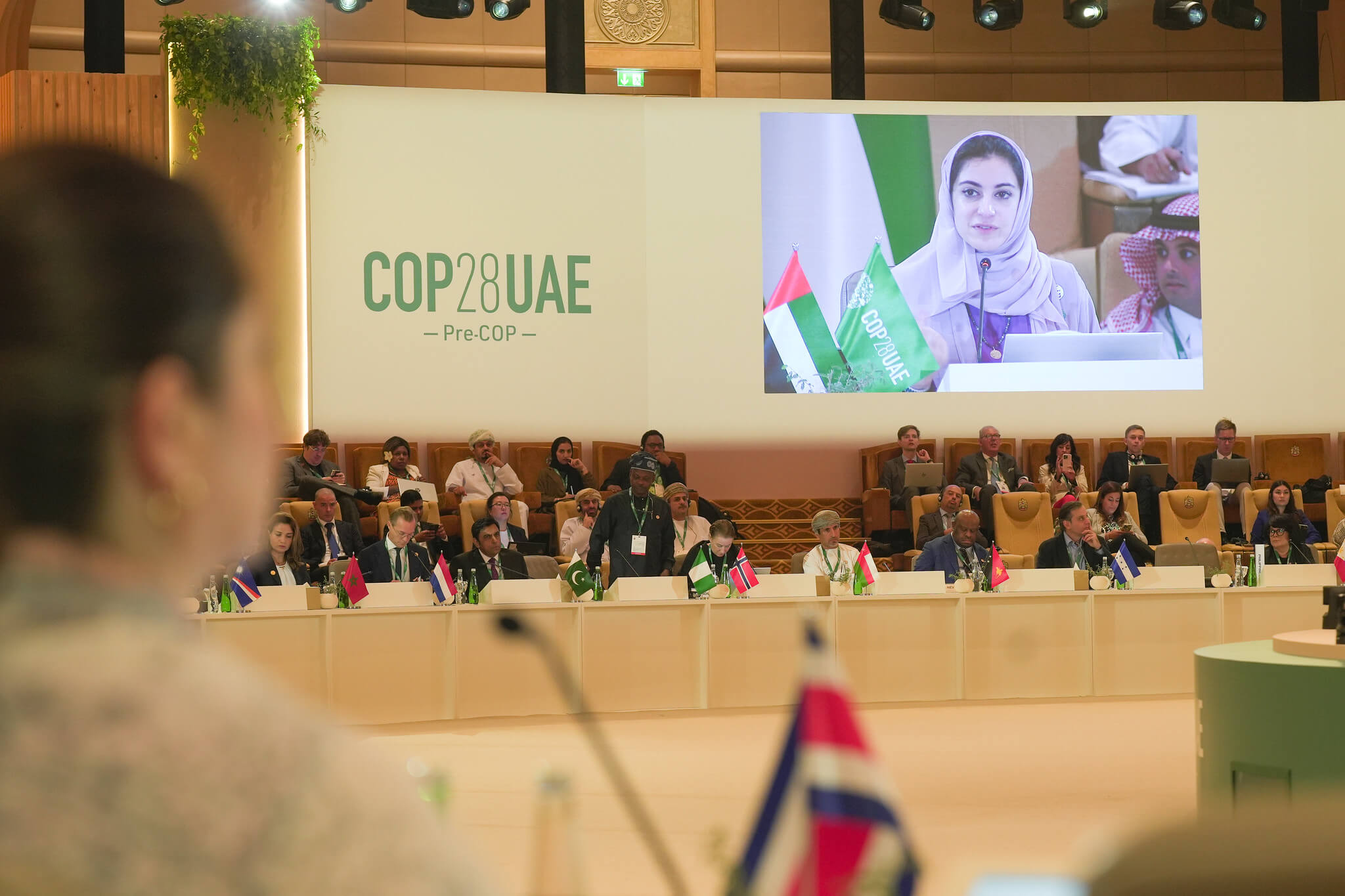Equity in Financing Climate Action
The Global Stocktake under the Paris Agreement defines finance as a key theme for ramping up climate action and ambition. The Independent Global Stocktake (iGST) is a data and advocacy initiative that brings together climate modelers, analysts, campaigners and advocates to support the Paris Agreement. It aims to increase the accuracy, transparency, accountability, and relevance of the official benchmarking process through a combination of research, analysis, and dialogue. Our initiative is a multi-year effort tracking the timeline of the first Global Stocktake, slated to occur 2023.
In the video report below, six iGST participants weigh in on what needs to be considered in the efforts to finance climate action more equitably, and how we can set a framework in place in the Global Stocktake to ensure that these efforts are meaningfully and successfully realized.
The discussions highlighted key questions for civil society to ask about equity in climate finance provision, efforts to make all finance flows consistent with climate objectives, and the meaningful participation of all relevant stakeholders in the theme of financing climate action under the UNFCCC.
Courtnae Bailey, Doctoral Researcher at Imperial College London and Co-Chair of the Finance Working Group of the independent Global Stocktake, provides an overview of the iGST and the Finance Working Group, and notes the complexity and severity of the issue of equity. “The issue of equity is neither a small nor a simple topic and is one that demands much more attention and conversation going forward.” (Begins at 0:00)
Aidy Halimanjaya, Director and Principal Researcher of the Dala Institute for Environment and Society, argues that the Global Stocktake must ensure that the support provided corresponds directly the needs of those on the ground, but that there can be limited capacity and support to express these needs. “The growing amount of climate finance is becoming less relevant, when its large share is spent on areas where the needs are not clearly defined due to limited capacity to express these needs.” (0:51)
Dr. Chantal Naidoo, Associate Faculty at the University of Sussex, calls for the need to first deconstruct the meaning of the concepts of consistency of finance flows with low-emission, climate-resilient development pathways, and of equity. “We need better transparent frameworks to measure the progress, but we also need better framing of what consistency and equity mean and our assumptions of what those relate to.” (1:41)
Margaret-Ann Splawn, Executive Director of Climate Markets & Investment Association, provides suggestions for how we can meaningfully engage the private sector in discussions around equitable finance. “For equity to resonate with the private sector we will likely need to talk about it more, and monetize estimated economic losses and benefits.” (2:33)
Joe Thwaites, Climate Finance Associate at World Resources Institute, emphasizes the importance of incorporating data and analysis from institutions around the globe – not solely from developed country institutions – for the GST to have procedural equity. “We need to ensure that governments and institutions in the Global South are given fair representation in the GST process, particularly in the information collection phase, since this is the foundation upon which the stocktake is based.” (3:08)
Dr. Charlene Watson, Research Associate at Overseas Development Institute and Co-Chair of the Finance Working Group of the independent Global Stocktake, expands on the opportunities the Finance Working Group of the iGST has to dive deeper into the issue of equity. “Ultimately, a patchwork of equity will not be enough to maintain the trust and the faith that we need in the multilateral process.” (3:40)
